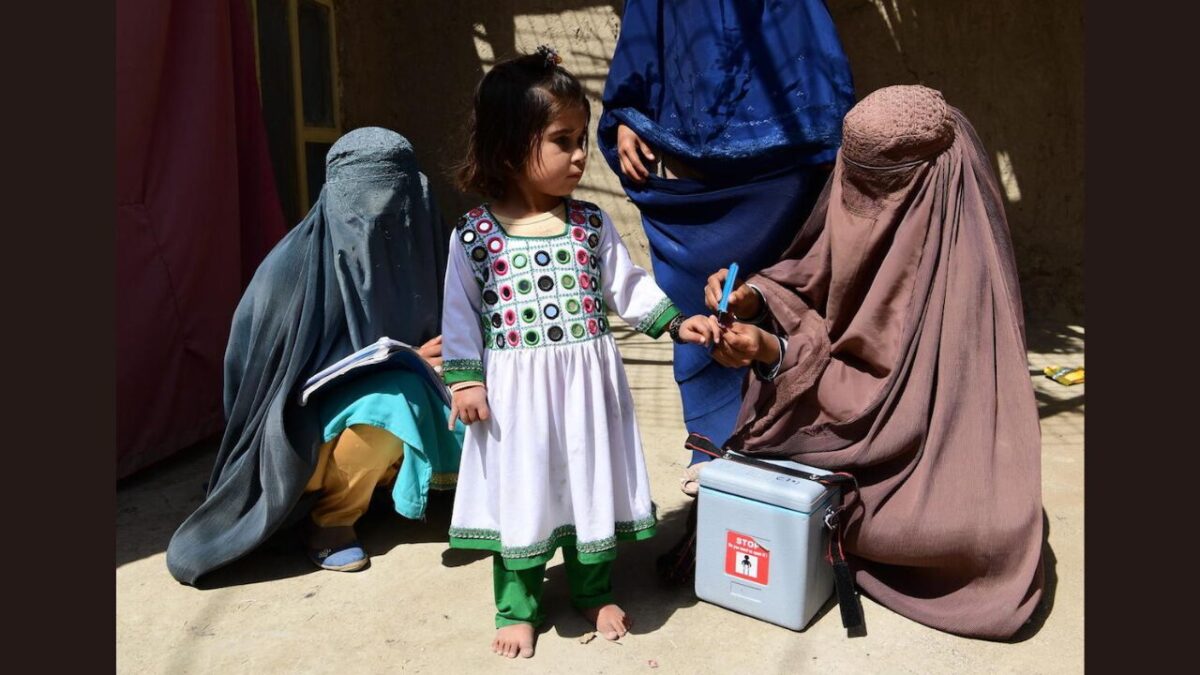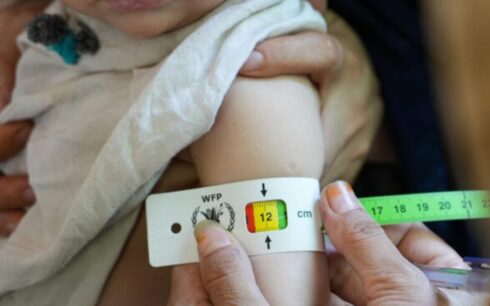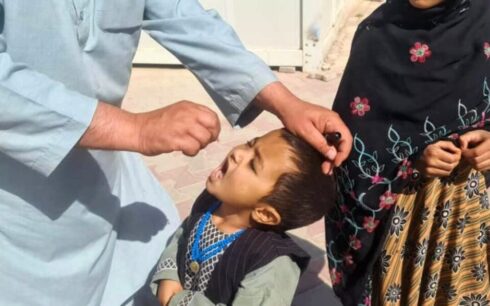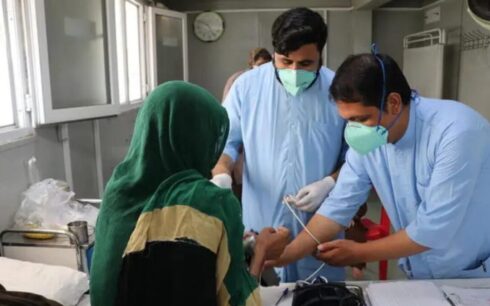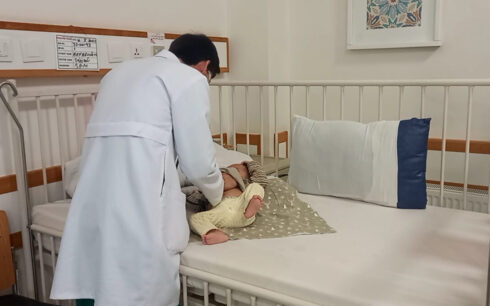The World Health Organization (WHO) has reported 92 confirmed cases of wild poliovirus (WPV1) in Afghanistan and Pakistan in 2024, with Pakistan accounting for 67 of the cases.
The data, published in the latest WHO Eastern Mediterranean Region Polio Bulletin, shows that three new cases were confirmed in Pakistan in the past week, bringing the country’s total to 67 cases this year.
The most recent cases occurred in Killa Abdullah, Balochistan: Onset date November 16, 2024; Kashmore, Sindh: Onset date December 12, 2024; Tank, Khyber Pakhtunkhwa: Onset date December 6, 2024.
Afghanistan, by comparison, has reported 25 cases in 2024. For context, the total number of WPV1 cases in 2023 was 12, with six cases reported in each country.
In addition to human cases, 41 new positive environmental samples were detected in Pakistan over the past week, collected from multiple provinces.
In Sindh, 23 samples were reported, including Karachi (East, Keamari, South, Central, Malir, Korangi), Hyderabad, Sukkur, Jacobabad, and more.
In Punjab, 8 samples were reported, including Lahore, Rawalpindi, Multan, and Dera Ghazi Khan.
In Balochistan, 7 samples were reported, including Quetta, Chaman, Pishin, Loralai, and Zhob.
In Khyber Pakhtunkhwa, 2 samples were reported, including from Peshawar and Bajour.
And in Islamabad, one sample was reported from the Capital Development Authority district.
The environmental samples, collected between December 2 and December 11, 2024, are part of routine surveillance efforts to monitor poliovirus circulation.
So far in 2024, a total of 691 environmental samples have tested positive for WPV1—100 from Afghanistan and 591 from Pakistan. This marks a sharp increase compared to 2023, when 188 positive samples were reported (62 from Afghanistan and 126 from Pakistan).
Polio remains endemic in Afghanistan and Pakistan, the only two countries where wild poliovirus continues to circulate. Factors such as conflict, vaccine hesitancy, and access limitations in remote areas have hindered eradication efforts.

